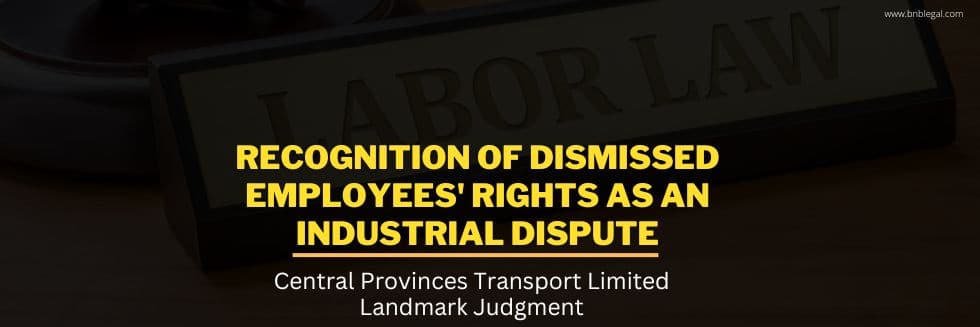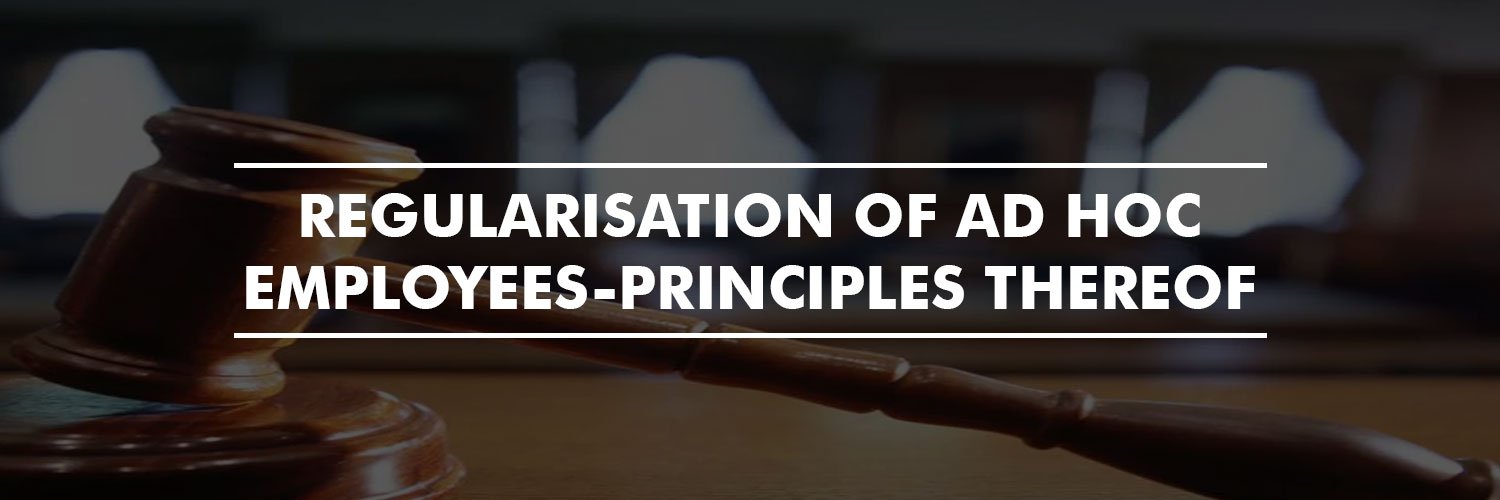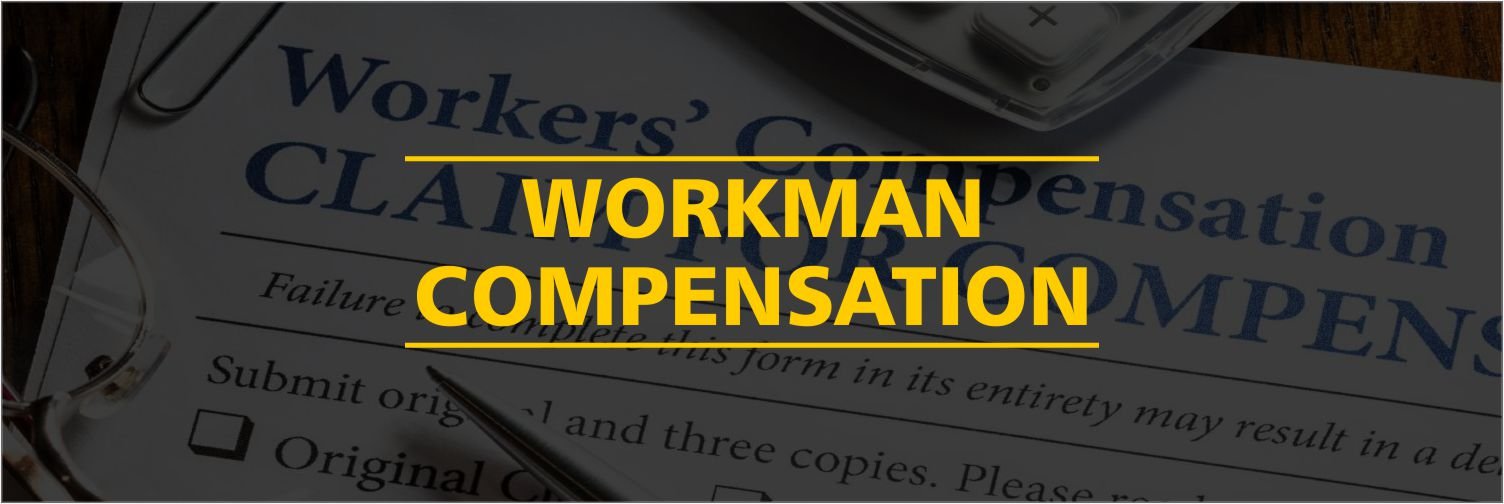Over the years various rules have been framed for the protection of workmen. Accidents during work are common to see but workmen are not in a condition to pay for them because they are already underpaid and fulfill their basic requirements with great difficulty. So the Workmen Compensation Act, 1923 has been passed to create the liability of an employer to compensate the workmen for the accidents caused during the work. In short, workmen compensation is paid in exchange for the fact that the employer would not be sued in the court for the negligence on his part which caused the injury to the workman.
Conditions for the creation of employer liability:
- The injury has been caused to workmen by accident during the working hours in the employment.
Exceptions:
- For any injury which does not last as partial or total disablement of person for more than three days.
- The employer is not liable for any injury which does not result in death or lifetime disablement if the accident has been the direct result of:
- The workman is under the influence of drugs. In this case, the compensation may reduce.
- He disobeys the safety guidelines expressly made for the purpose of safety of workman.
- When the injury caused is intentional.
- If the workmen contracts with any disease which is mentioned as the occupational disease before the contract of employment and which is the results of working in such type of service for a continuous period of not less than six months.
Exceptions:
- When the worker is working under more than one employer because then it cannot be said with certainty due to which employment he contacted the disease and all the employers are liable.
- If the workman has already claimed the compensation through a civil court.
Other exceptions to the compensation by an employer as the exclusive remedy:
Sexual harassment claims: Suits can be filed as per the law of the state.
Wrongful termination is also not subject to the employer’s liability.
When the employer cannot waive his liability:
Even when the employee is liable for contributory negligence, the rights of compensation of the workman is not affected. The Gujarat High Court has said that even if the employee is drunk, it should be the liability of the employer to check and he cannot totally waive of his liability.
To whom this liability applies
It applies to the employers not to the private contractors which are determined by the judge whether someone is an employee or not.
Basis for amount of compensation:
The monthly wages of the workers are the basis for determining the compensation to be paid. So if two workers get the same injury, the amount of compensation may be different depending on their wages.
Conclusion: The main purpose of providing the compensation to the employee for the injury caused during the work is to fulfill the basic needs of the dependants of the workman. Especially in the hazardous industries, the risk of life is so much. So the duty is created on the employer to compensate for such injuries even if the employee himself had some mistake in it.









